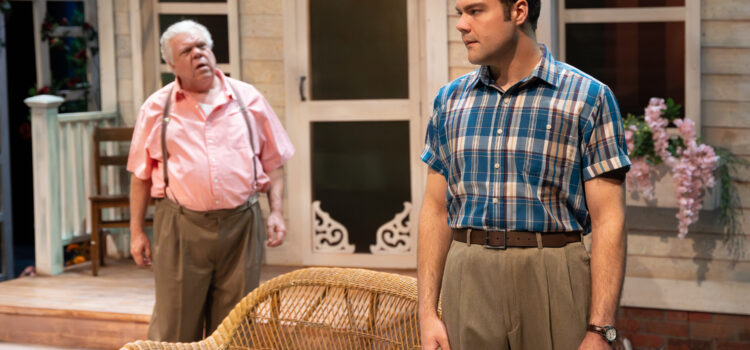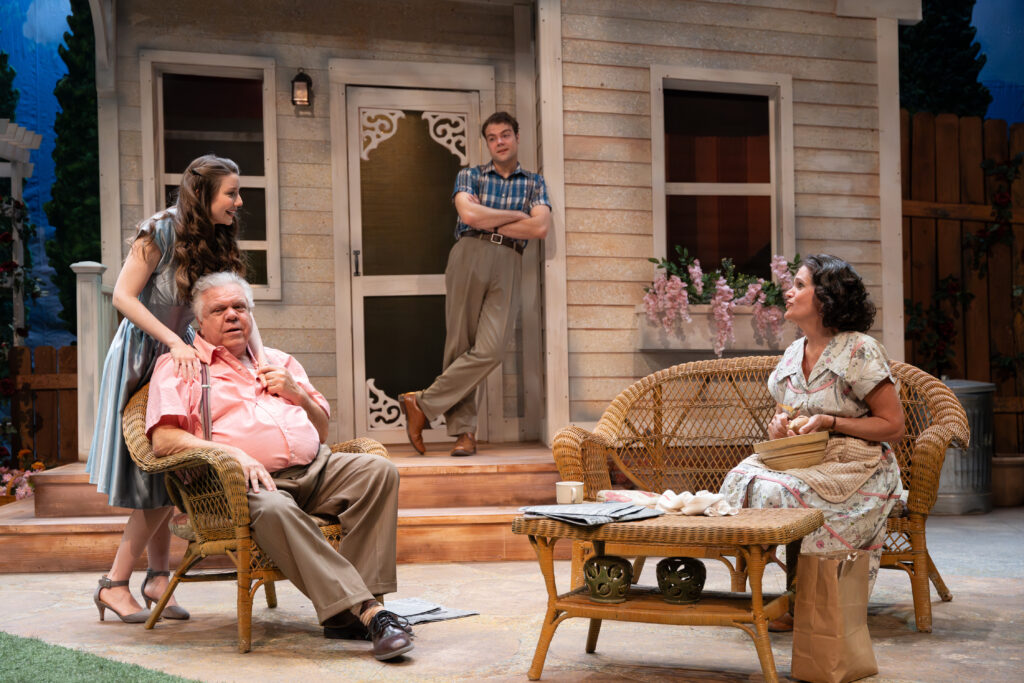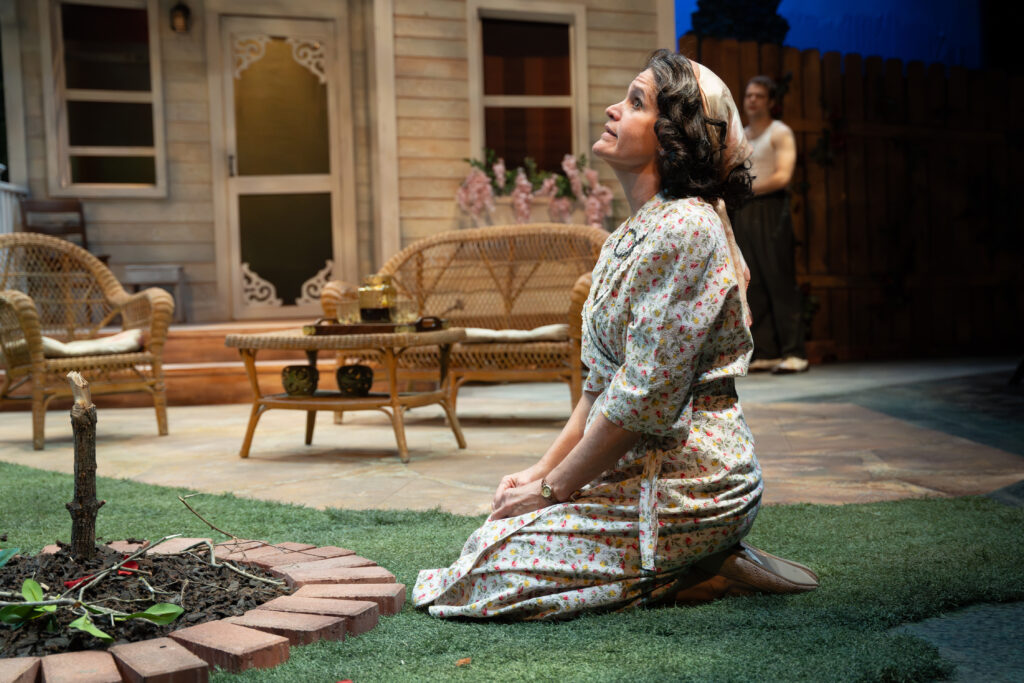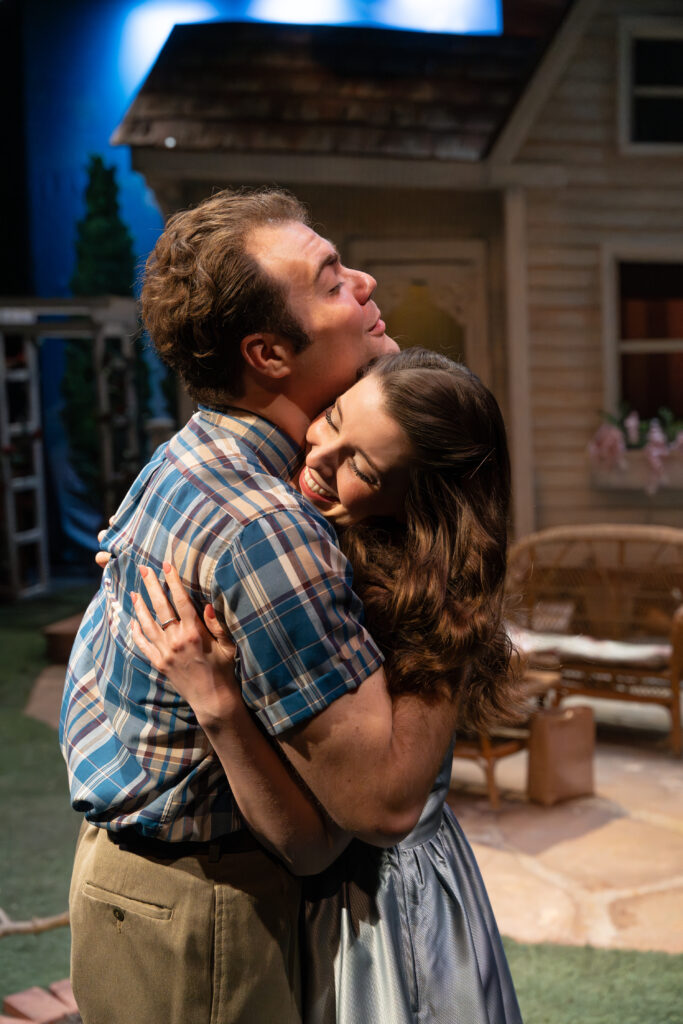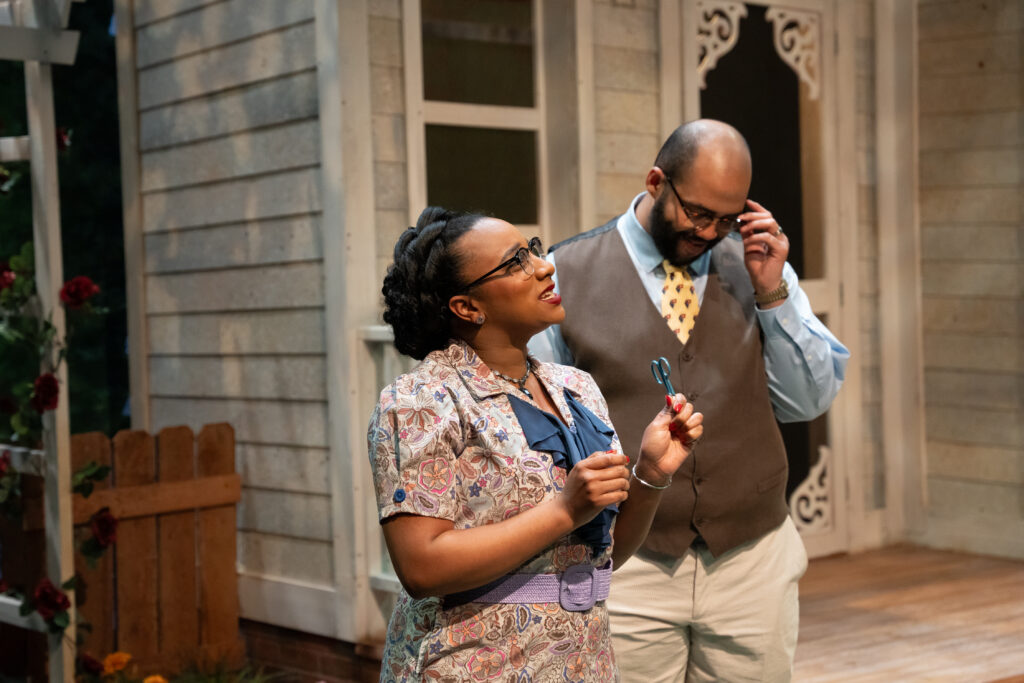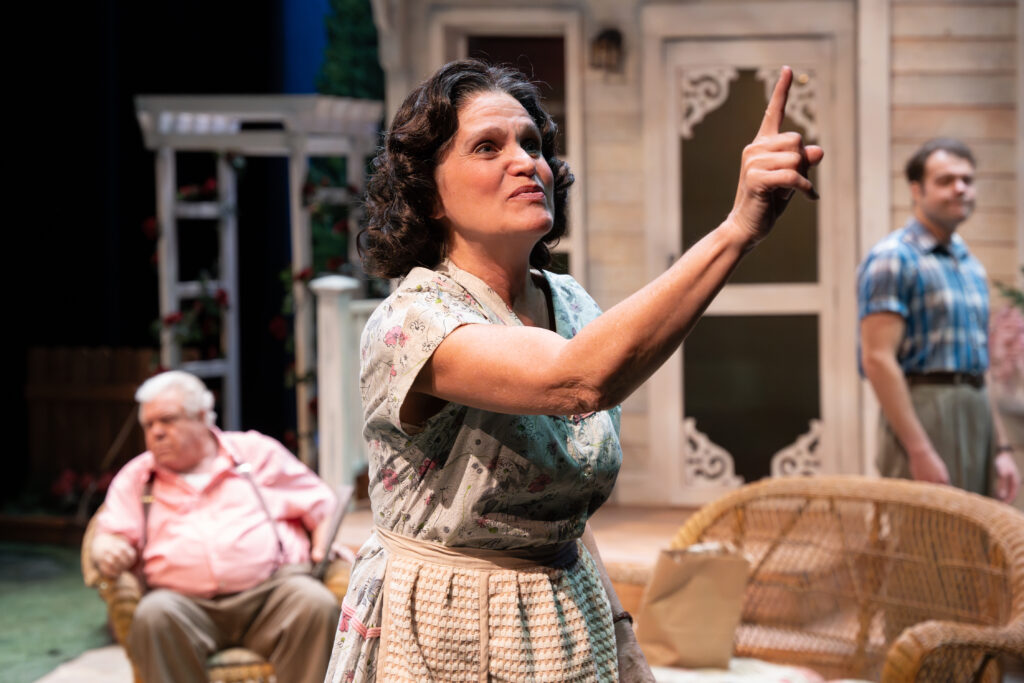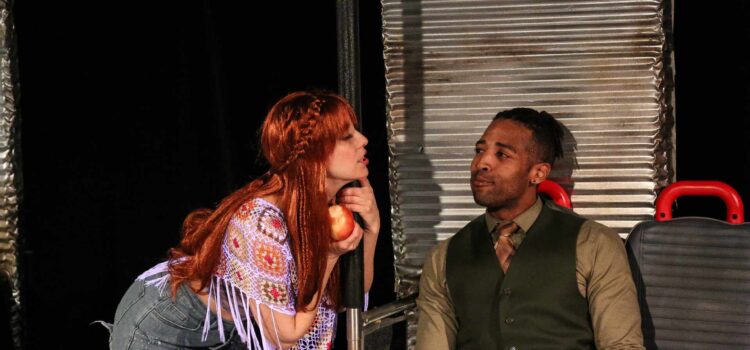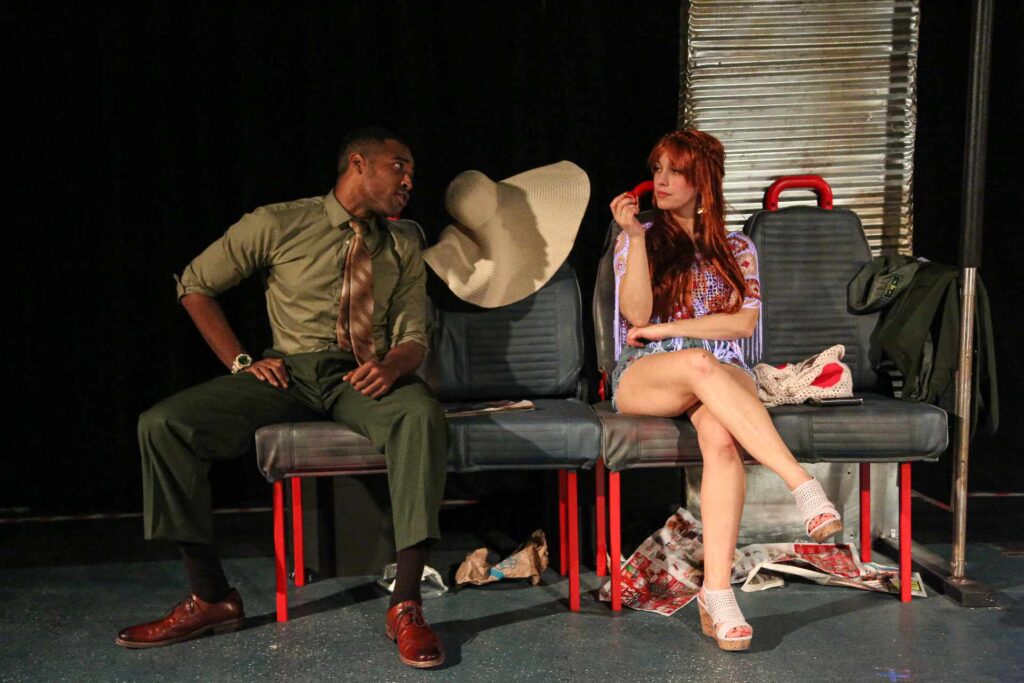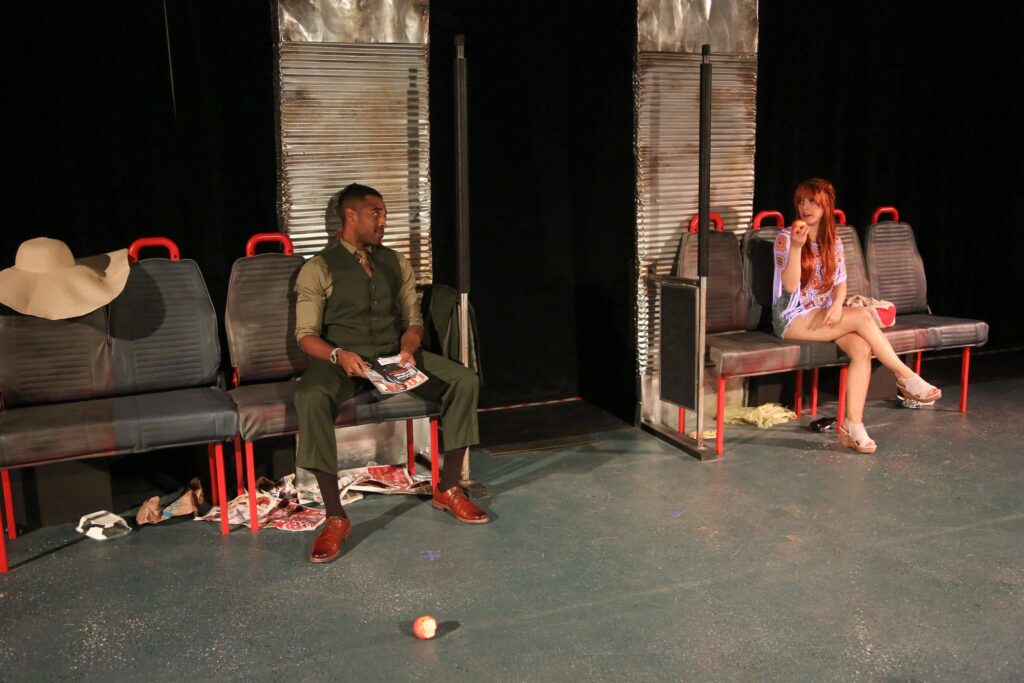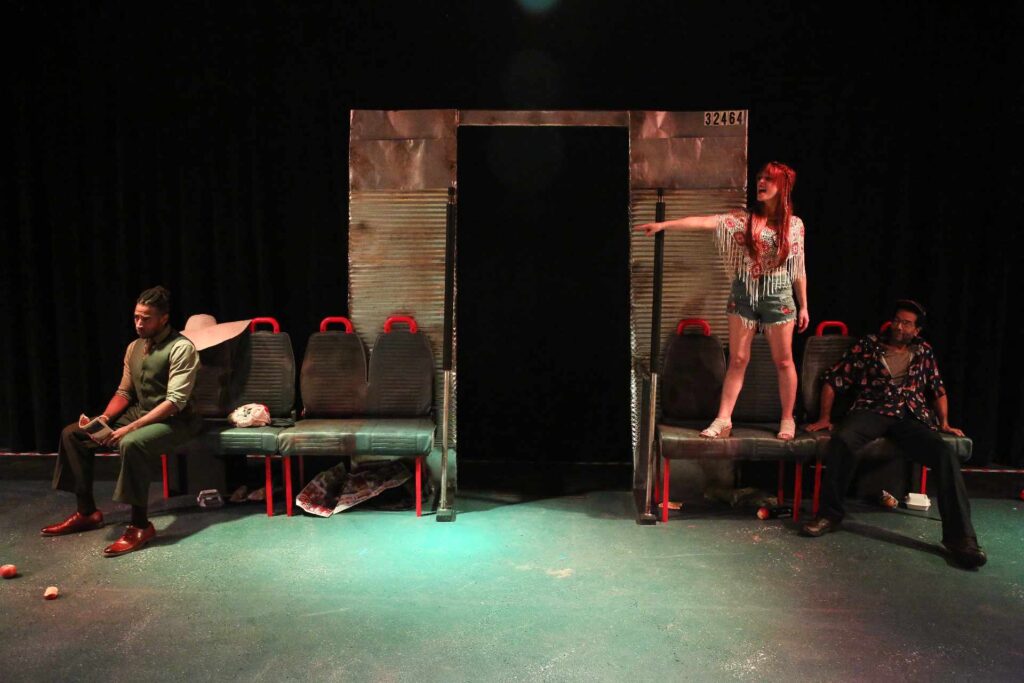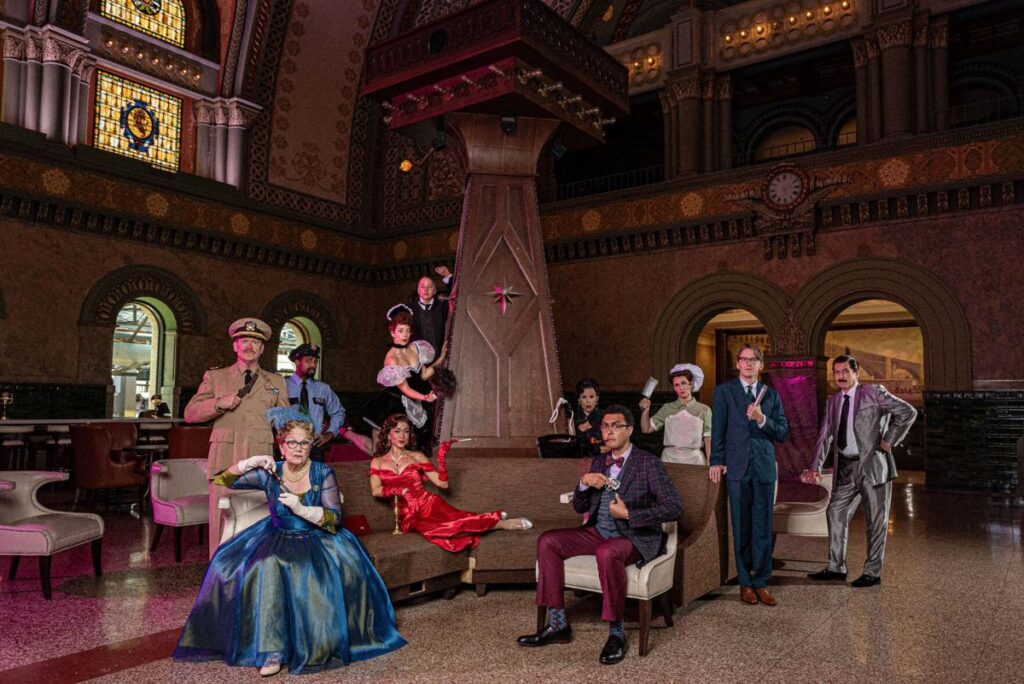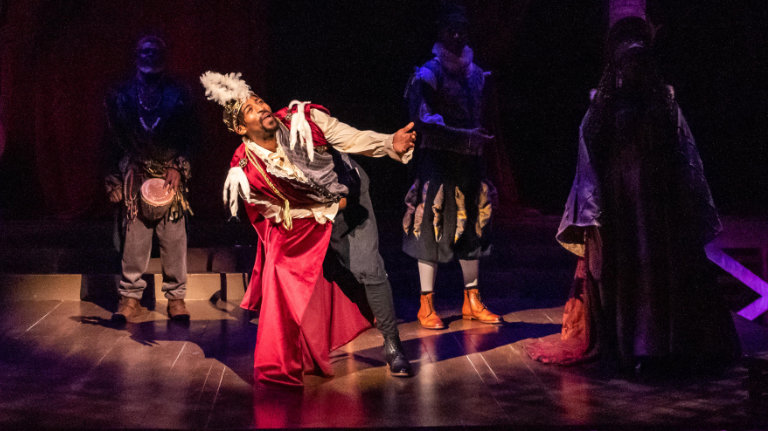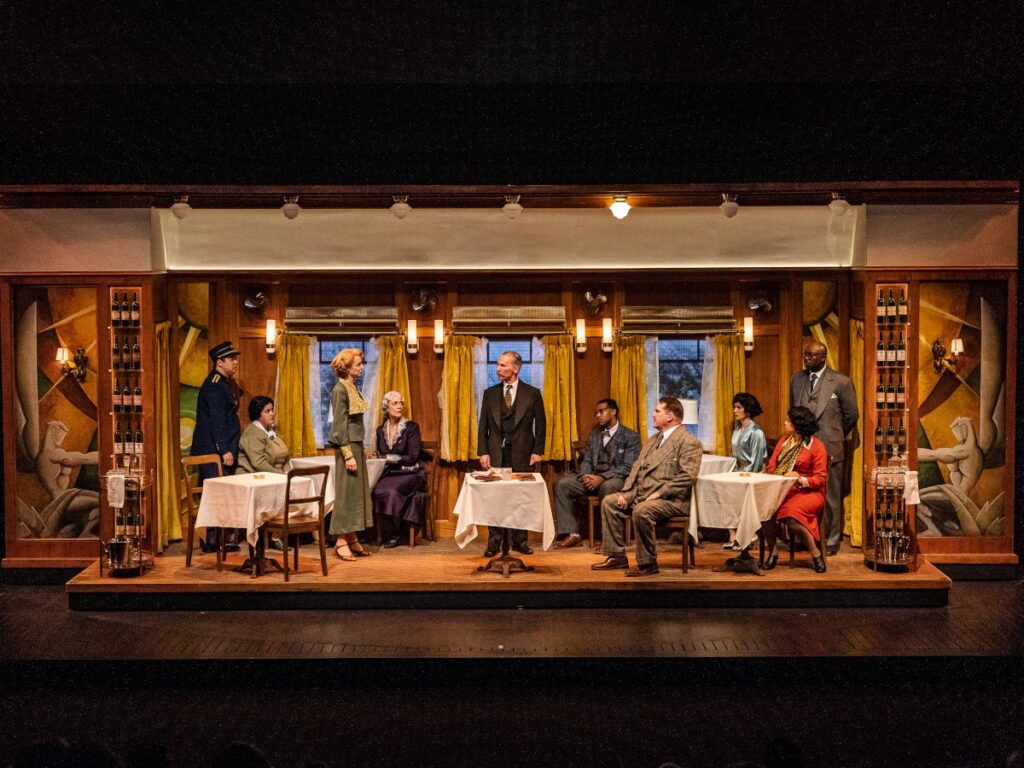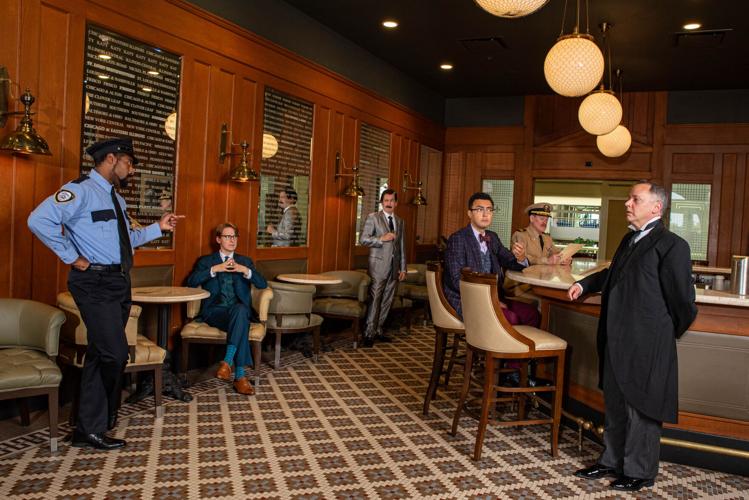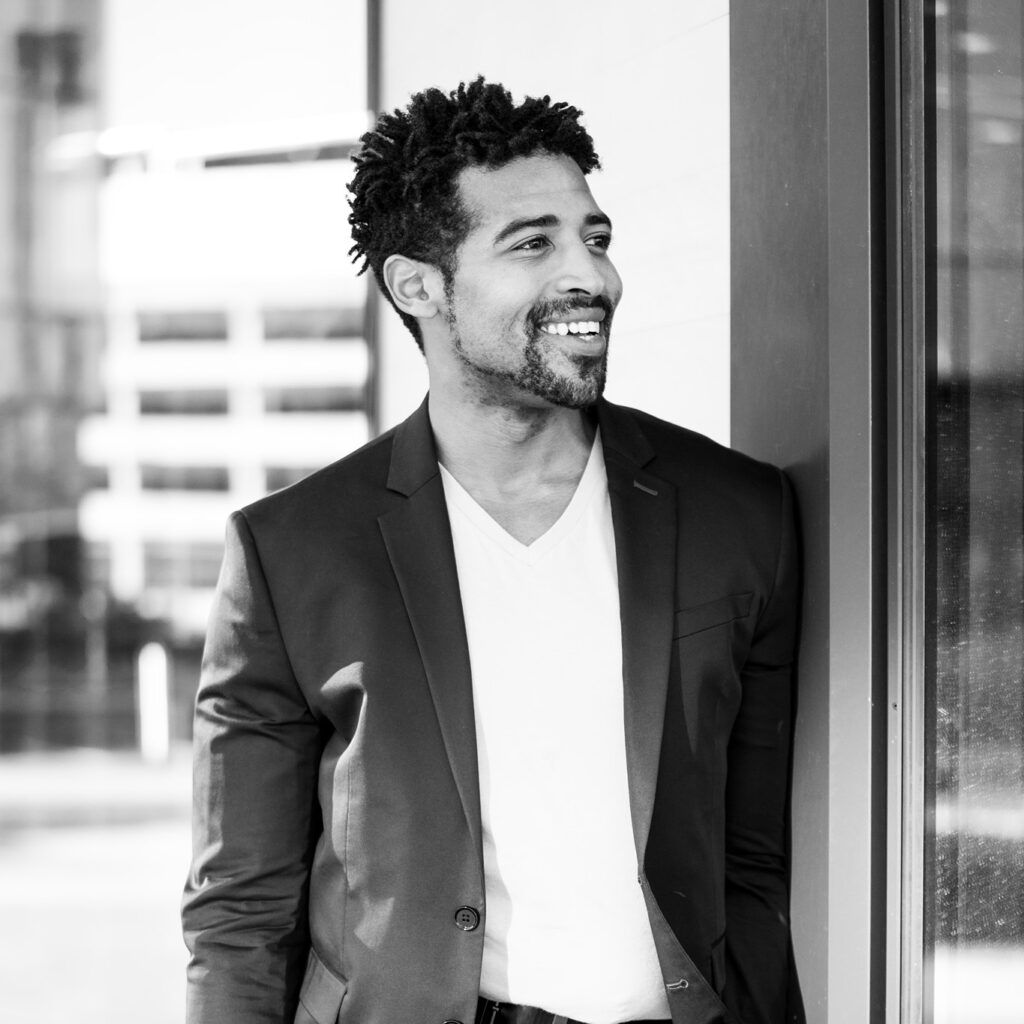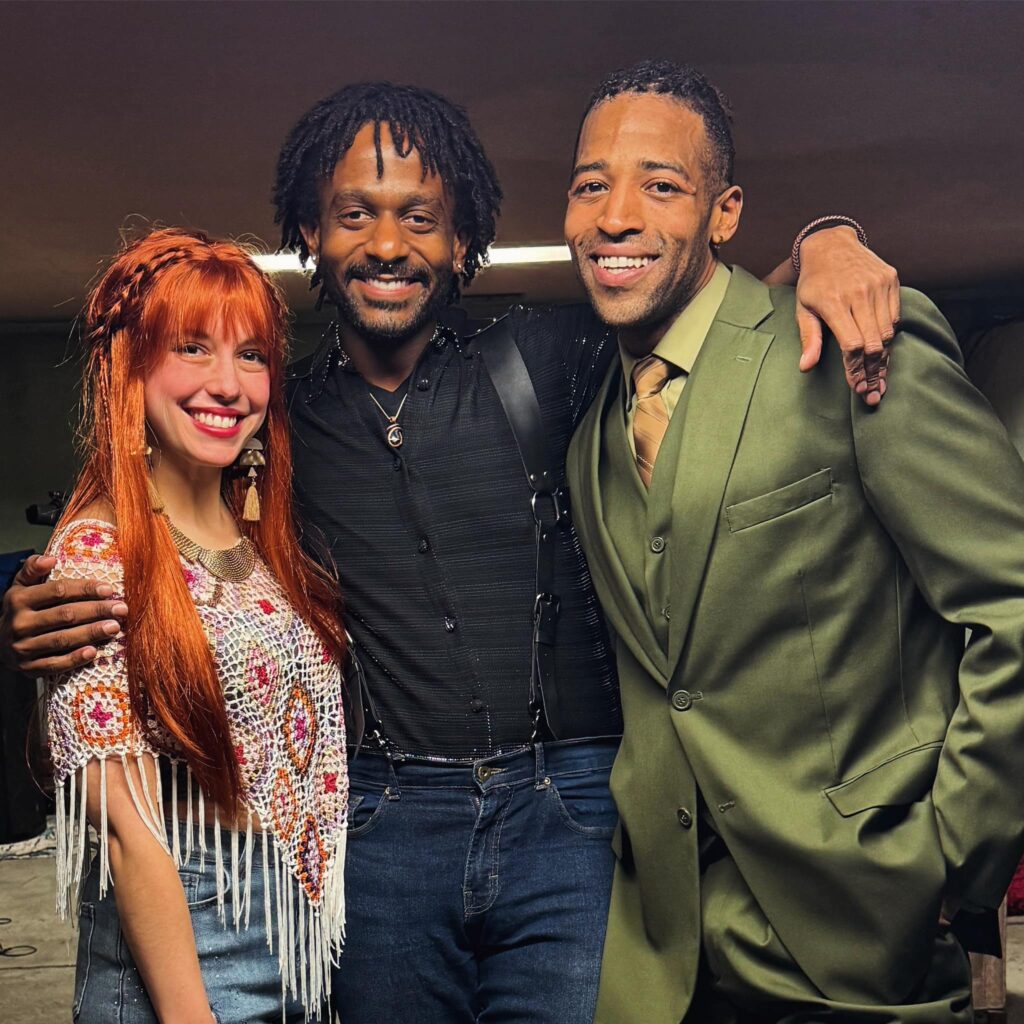Bread and Roses Missouri and A Call to Conscience Interactive Theater for Social Change (C2C) are collaborating to present Social Justice Shorts.
Scheduled for May 17-19, 2024 at the Greenfinch Theatre & Dive, Social Justice Shorts is a one-act play festival featuring thought-provoking new narratives centered around themes such as racial equality, reproductive rights, poverty, gun violence, transgender rights, and more.
This dynamic event brings together 11 playwrights from across the country and features local St. Louis writers Joan Lipkin, Zahria Moore, Andy Perez, and M. Lucas Fleming.
“Bread & Roses and C2C believe in the power of storytelling to ignite change and amplify marginalized voices,” says Emily Kohring, Executive Director of Bread and Roses Missouri. “Social Justice Shorts provides a platform for playwrights to address pressing societal issues and inspire meaningful dialogue within our community.”
“C2C’s mission is to stir the conscience of our community and facilitate social change. The chosen plays facilitate a broad spectrum of viewpoints and foster discussions on significant societal matters that are in line with the company’s mission. Considering the present social and political climate, this festival presents an opportunity for the audience to actively engage and effect change.” says Fannie Lebby,

“It serves as a rallying cry for individuals to unite, advocate or their interests, and work towards the betterment of their community!!! To quote Augusto Boal: ‘The theater itself is not revolutionary: it is a rehearsal for the revolution.’ ASHAE! ASHAE!!!”
Social Justice Shorts represents a continuation of both organization’s commitment to using the arts as a catalyst for social transformation. Through this festival, the organization aims to foster empathy, dialogue, and action on issues that affect us all.
Performances:
Friday, May 17 at 7:30 pm & Saturday, May 18 at 4 p,m,
“The Pen” by Diana Burbano
“Eliminate the Backlog” by Rhea MacCullum
“Mizzou Made” by Zahria Moore
“Hotel Sterling” by Corey Pajka
“Clark & Howard” by Andy Perez
Saturday, May 18 at 7:30 p.m. & Sunday, May 19 at 4:00 p.m.
“Panic” by M. Lucas Fleming
“Jimmy was Eight” by Linda Lau and Rae Mansfield
“The Immaculate Contraception” by Jane M. Lee
“That Painting at the Metropolitan Museum of Art” by Joan Lipkin
“Neighbors by the Sea” by Emma Goldman Sherman
“The Tetons” by Christopher Woods
Tickets:
https://www.greenfinchstl.com/tickets
ABOUT BREAD AND ROSES MISSOURI
Bread and Roses Missouri emerged as a transformative force at the intersection of art and activism, rooted in the ethos of social justice and community empowerment. Originating as a project of Missouri Jobs with Justice (MO JwJ), Bread and Roses Missouri pioneered a platform for unity among community activists and union members through the medium of art. Led by visionary trailblazer Joan Suarez, Bread and Roses Missouri quickly evolved into an independent non-profit entity in 2015, charting a path toward deeper engagement with the community.
Under Suarez’s steadfast leadership, the organization spearheaded initiatives such as the Youth Initiative and the Workers’ Theater Project, including the groundbreaking Workers’ Opera. Today, Bread and Roses Missouri continues to champion the rights and dignity of working-class individuals and their families. With the recent addition of Executive Director Emily Kohring and Youth Programs Coordinator Luisa Otero Prada, the organization remains steadfast in its mission to celebrate the contributions of the working class and expand access to the arts among low to moderate – income audiences. Through its innovative programming and unwavering dedication
to social justice, Bread and Roses Missouri continues to have a steadfast commitment to leveraging the transformative power of arts and activism.
ABOUT A CALL TO CONSCIENCE (C2C)
A Call to Conscience(C2C) is a 501©3 theater collective founded by a group of women graduates from the Community Arts Training program (CAT) sponsored by the Regional Arts Commission in St. Louis, Missouri. C2C’s Mission is to stir the conscience of our community and facilitate social change. The productions promote unity and create an accepting environment for healthy debate, self-expression, and collaboration not only for the cast but for the entire viewing community. Serving as a catalyst for activism within marginalized communities, the company presents challenging original works that engages audiences in thought-provoking conversations and an exchange of ideas regarding racism, police brutality, poverty, health disparity, and gender inequality. C2C believe in taking risks and inspiring people to participate in live theatre, regardless of personal means. The company celebrates the curiosity of our community, and we believe that theatre is an important tool to help build empathy, open the door to self-reflection, introspection, and give the viewing audience something to think and talk about long after leaving the theater. We also believe access to the arts should not be a matter of privilege, but the arts should be available and affordable to all. Most of the performances are held in venues partially supported by citizen’s tax dollars so that they can be offered free to the public.
Cover photo: Rehearsals for Social Justice Shorts. (L) Director Zahria Imani Moore and Stage Manager Maria L. Straub. Actors (L to R) Christina Rios, Jocelyn Padilla, and Alex Jay.
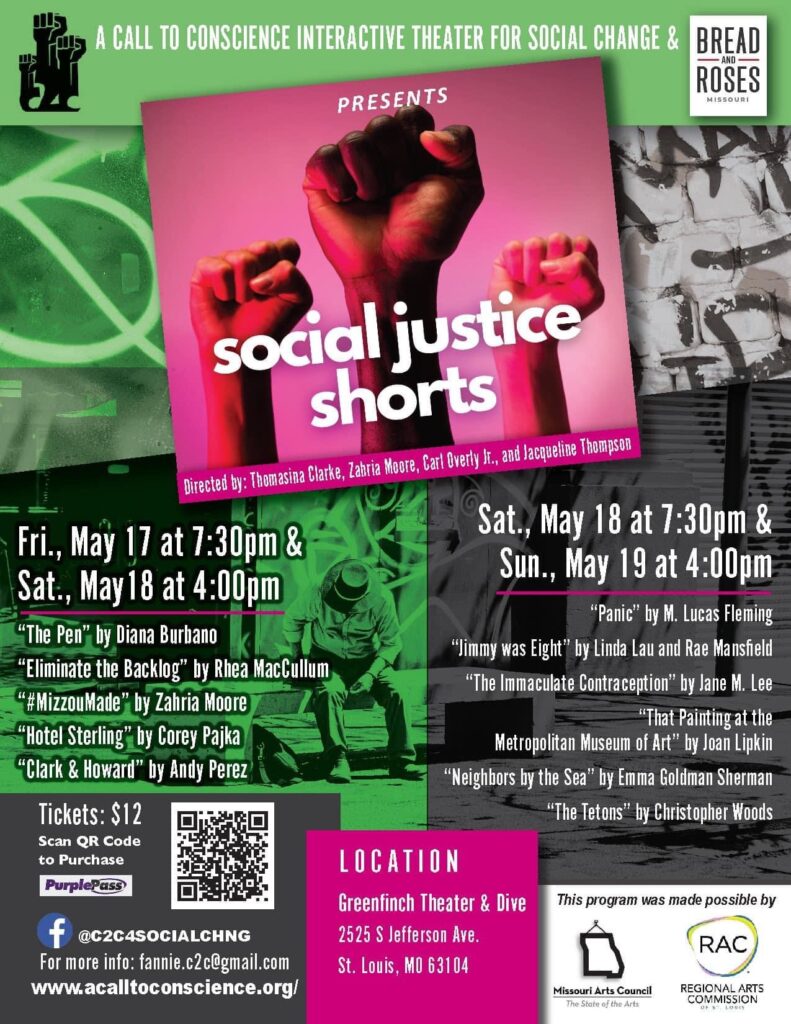

Lynn (Zipfel) Venhaus has had a continuous byline in St. Louis metro region publications since 1978. She writes features and news for Belleville News-Democrat and contributes to St. Louis magazine and other publications.
She is a Rotten Tomatoes-approved film critic, currently reviews films for Webster-Kirkwood Times and KTRS Radio, covers entertainment for PopLifeSTL.com and co-hosts podcast PopLifeSTL.com…Presents.
She is a member of Critics Choice Association, where she serves on the women’s and marketing committees; Alliance of Women Film Journalists; and on the board of the St. Louis Film Critics Association. She is a founding and board member of the St. Louis Theater Circle.
She is retired from teaching journalism/media as an adjunct college instructor.


